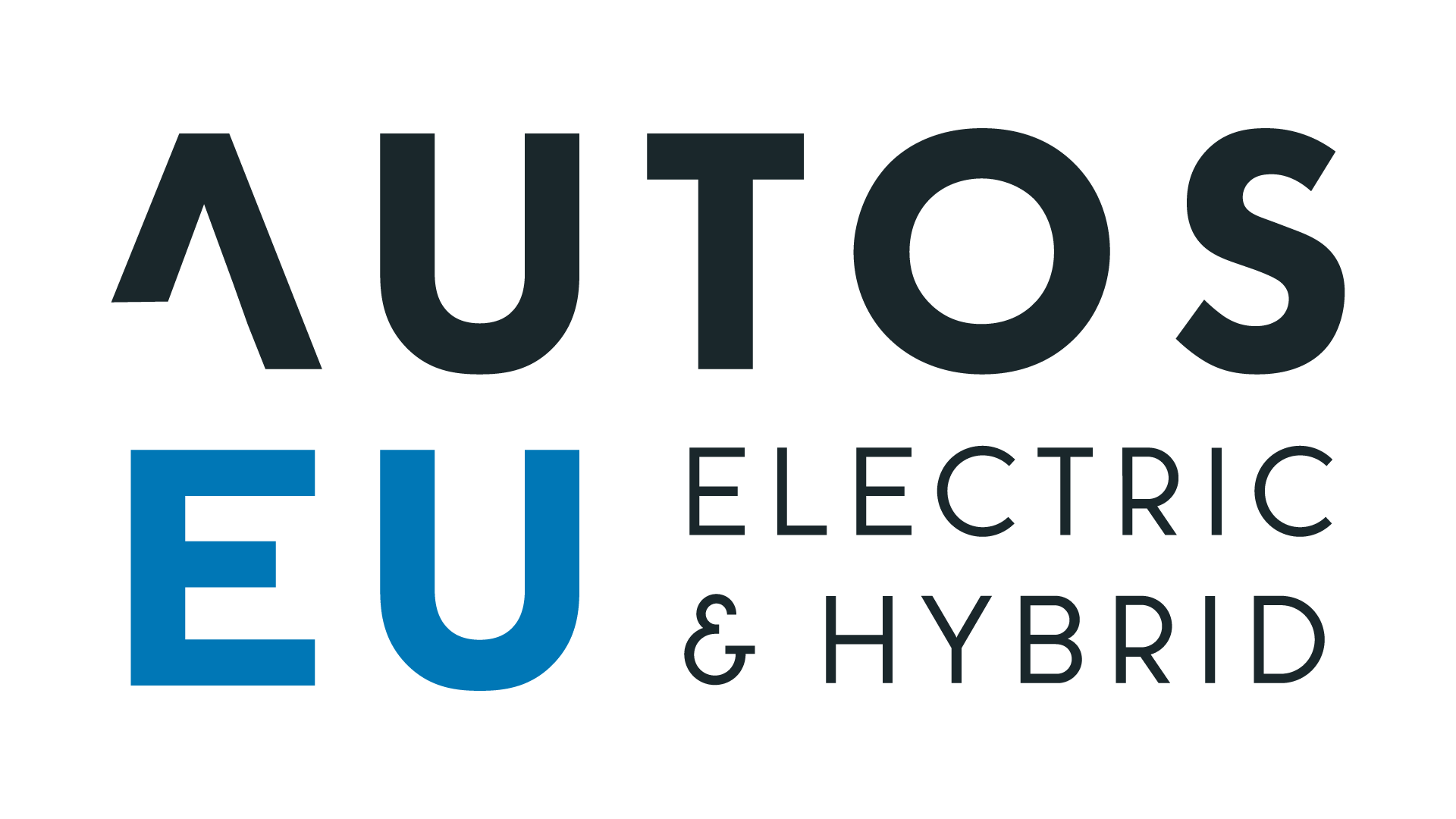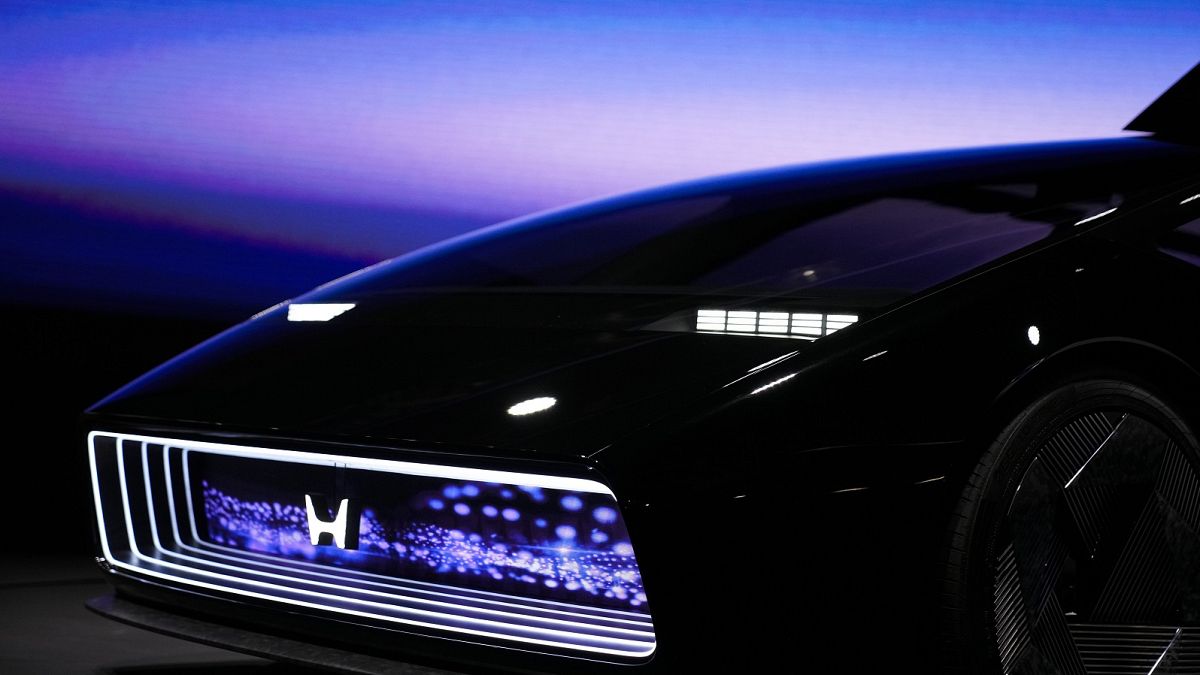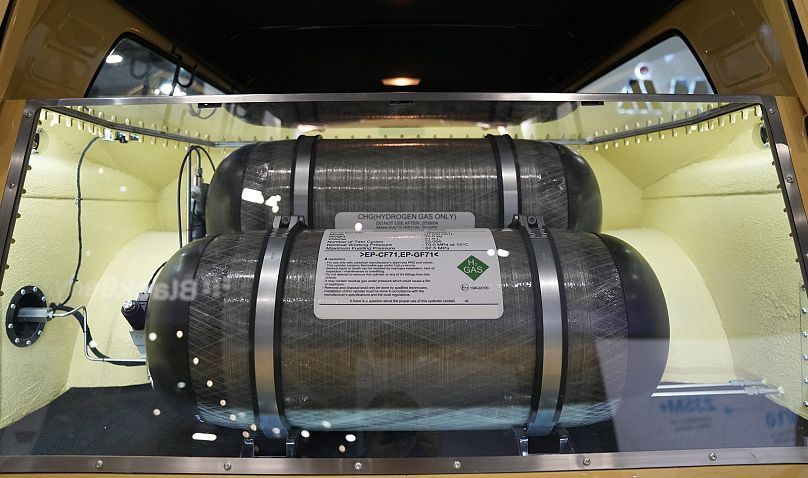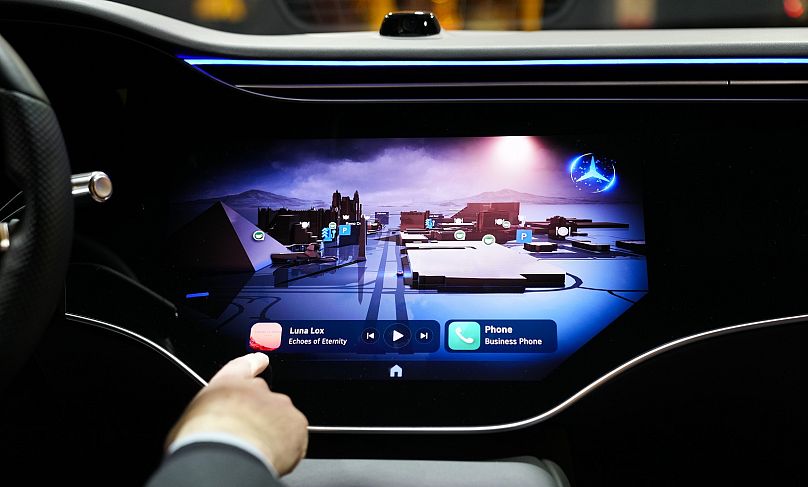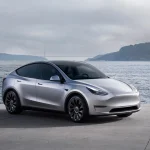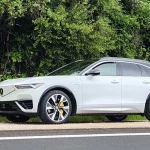Electric vehicles (EVs) may be the star of the show at CES in Las Vegas, but other innovations, including hydrogen-powered cars, are turning heads.
While electric vehicles are gaining the lion’s share of the attention for carbon-neutral technology at the 2024 Consumer Electronics Show (CES), hydrogen energy has snuck its way back into the conversation thanks to two automotive giants.
Hyundai spotlighted its plans for utilising hydrogen energy at the sprawling tech and gadget show in Las Vegas.
Beyond making vehicles powered by hydrogen-powered fuel cells, the South Korean automaker signaled that it could work toward aiding a “hydrogen society” by expanding into energy production, storage, and transportation.
1/1
Skip Ad
Continue watching
after the ad
Visit Advertiser websiteGO TO PAGE
PLAY

Latest
Video Settings
Full Screen
About Connatix
V452730

Read More

Read More

Read More

Read More

Read More

Read More

Read More

Read More
Bulgaria and Romania join Schengen: Experts onwhat it will mean for prices, transport & overtourism
 (new Image()).src = ‘https://capi.connatix.com/tr/si?token=604675c4-ea89-46c9-9817-5ed115e7bf41&cid=83b16131-8326-440c-9a78-470bcd2870e2’; cnxps.cmd.push(function () { cnxps({ playerId: “604675c4-ea89-46c9-9817-5ed115e7bf41” }).render(“29572e93412441b3b0dc992bd9167d8a”); });
(new Image()).src = ‘https://capi.connatix.com/tr/si?token=604675c4-ea89-46c9-9817-5ed115e7bf41&cid=83b16131-8326-440c-9a78-470bcd2870e2’; cnxps.cmd.push(function () { cnxps({ playerId: “604675c4-ea89-46c9-9817-5ed115e7bf41” }).render(“29572e93412441b3b0dc992bd9167d8a”); });
It’s already technologically feasible, and it will eventually make sense economically, too, José Muñoz, president and global chief operating officer of Hyundai Motor Co, predicted on Monday.
Meanwhile, automotive supplier Bosch Mobility plans to launch its first hydrogen combustion engine this year – another key step toward reducing global man-made carbon emissions, the company said during its CES 2024 event.
Both Bosch and Hyundai say they’ve been encouraged to move forward with their respective initiatives because of investments such as the $7 billion (€6.4 billion) that the US government is pouring into the development of hydrogen infrastructure.
‘Thin, light and wise’ EVs
Honda on Tuesday unveiled two concept vehicles, dubbed the “Saloon” and “Space-Hub”.
The Japanese automaker says the Zero Series approach for EV development focuses on models that are “thin, light and wise,” with specific goals to minimise battery size and weight.
Kia, meanwhile, introduced a trio of electric vans that can quickly swap body modules from cargo haulers to taxis and other purposes.
Production of the vans will begin in 2025 in South Korea.
And Vietnam-based electric upstart VinFast unveiled an electric truck concept. The mid-size truck is dubbed the VF Wild.
In-car tech ecosystems improve
Mercedes-Benz showed off updates to its infotainment systems, including a new AI-powered virtual assistant that strives to personalise interactions between drivers and their cars.
The update will connect the AI with functions for automated driving, seating comfort, data displays, and charging.
But while automakers like Mercedes-Benz are focusing on improving their proprietary in-car ecosystems, others are striking more partnerships with Google to pre-install apps such as Google Maps and Assistant in their vehicles, the tech giant revealed at CES 2024.
The Google built-in will come to select models from Nissan, Ford Motor’s luxury brand Lincoln, and others this year, with Porsche following suit in 2025.
And even Mercedes-Benz is layering Google apps into its own technology.
What’s the latest on solid-state batteries?
Honda also touched on plans for its Zero Series and wider EV advances down the road – notably, the company’s independent development of solid-state batteries.
In a Tuesday news conference, the company’s Executive Vice President Shinji Aoyama said Honda aims to apply solid-state batteries to the Zero Series by the late 2020s.
Solid-state batteries are widely believed to be essential for mass commercialisation of battery-powered EVs.
Today, lithium-ion batteries are more commonly used in EVs, but are prone to fires. Solid-state batteries are more stable and potentially more powerful.
Honda Motor’s Mitsuru Kariya, who leads the research and development group behind the EV tech announced on Tuesday, explained that solid-state batteries have higher energy density, which means they can be smaller while maintaining a good range with stronger outputs.
This could also contribute to making EVs lighter, he said, potentially improving fuel economy.
Honda isn’t the only automaker with eyes on a solid-state battery future.
Toyota, for example, recently agreed to work with Japanese oil company Idemitsu on technology solid-state battery production.

